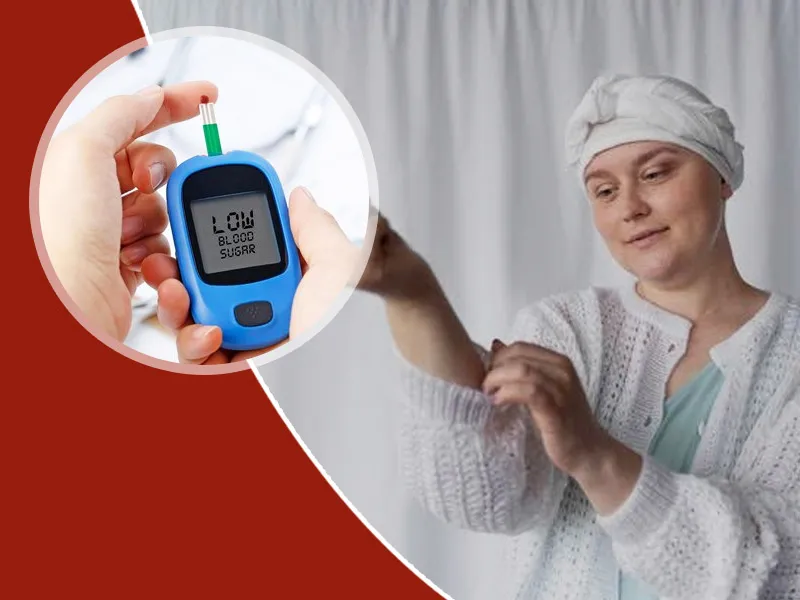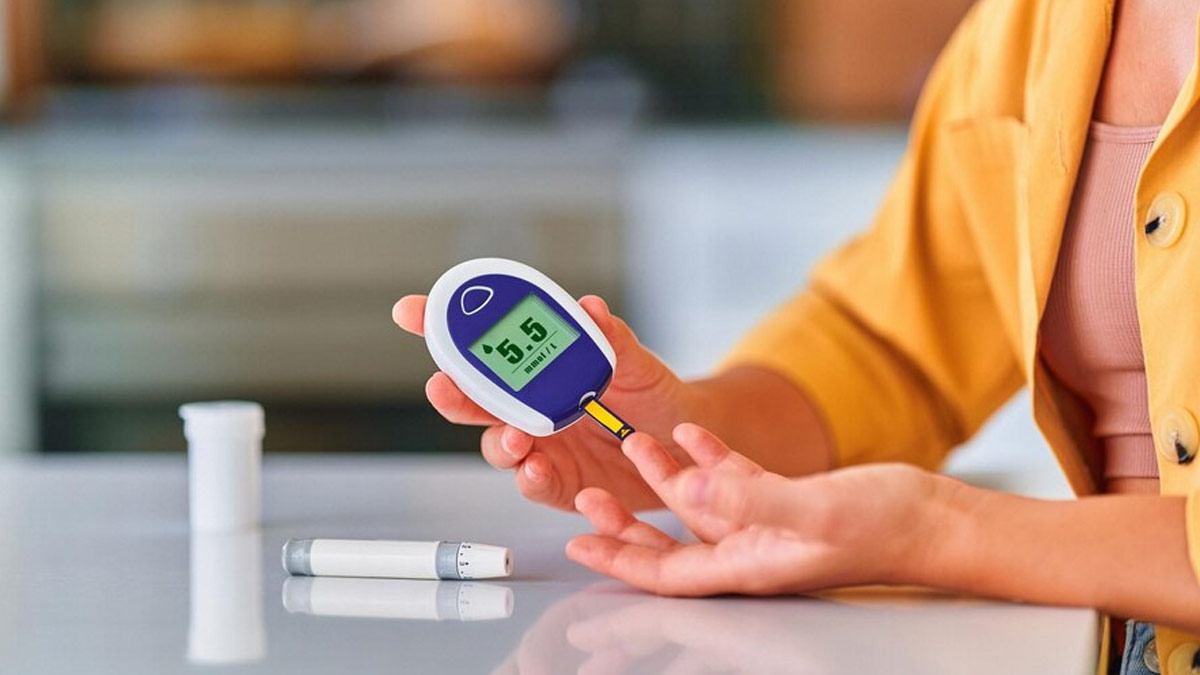
When managing chronic illnesses, understanding how one condition may impact another is crucial. Diabetes and cancer are two of the most prevalent health challenges worldwide, and their co-existence raises important questions about patient outcomes. Dr Shrey Kumar Srivastav, Senior Consultant and Physician at Sharda Hospital, Noida, sheds light on the connection between these two conditions and offers insights into their management.
Table of Content:-
Understanding the Link
“Diabetes, particularly Type 2, is known to influence cancer risk and outcomes,” explains Dr Srivastav. Research shows that individuals with diabetes may have a higher risk of developing certain types of cancer, including liver, pancreatic, endometrial, colorectal, breast, and bladder cancers. Several factors contribute to this increased risk:
Insulin Resistance: Elevated insulin levels in diabetics may act as a growth factor for cancer cells.
Chronic Inflammation: Diabetes can lead to a state of persistent low-grade inflammation, which promotes cancer development.
Shared Risk Factors: Obesity, poor diet, and physical inactivity are common risk factors for both diabetes and cancer.

Impact on Cancer Treatment
Cancer patients with diabetes face unique challenges. “The presence of diabetes can complicate cancer treatment and recovery,” says Dr Srivastav. He highlights several concerns:
Treatment Efficacy: High blood sugar levels can affect how cancer therapies, such as chemotherapy and radiation, work.
Increased Toxicity: Diabetics may experience heightened side effects from cancer treatments.
Wound Healing: Diabetes can delay wound healing, complicating surgeries or recovery from treatment-related injuries.
Infection Risk: Elevated glucose levels can impair immune function, increasing the risk of infections.
Managing Diabetes in Cancer Patients
Dr Srivastav emphasises the importance of a collaborative approach to care. “Oncologists, endocrinologists, and primary care physicians must work together to develop a personalised treatment plan,” he says. Here are key strategies for managing diabetes in cancer patients:
Blood Sugar Monitoring: Regular glucose checks help ensure levels remain stable during cancer treatment.
Nutritional Support: A balanced diet tailored to meet both diabetic and cancer-related needs is essential.
Physical Activity: Gentle exercise, as advised by healthcare providers, can improve both blood sugar control and overall well-being.
Medication Adjustment: Cancer treatments may require changes to diabetes medications or insulin regimens.

Prevention and Awareness
“Early detection and proactive management of diabetes can significantly improve outcomes for cancer patients,” notes Dr Srivastav. He urges individuals to maintain regular health check-ups, especially if they have risk factors for either condition. “A healthy lifestyle with a focus on proper diet, regular exercise, and weight management is the cornerstone of prevention.”
Final Thoughts
While the co-existence of diabetes and cancer poses challenges, a multidisciplinary care approach and patient education can make a significant difference. Dr Srivastav’s advice underscores the importance of tailored treatment plans and ongoing communication between healthcare teams and patients.
For those living with diabetes and cancer, hope lies in comprehensive care and the advancements in medical science that continue to improve patient outcomes. If you or a loved one is navigating these conditions, consult with your healthcare team to ensure you’re equipped with the best strategies for managing both.
Also watch this video
How we keep this article up to date:
We work with experts and keep a close eye on the latest in health and wellness. Whenever there is a new research or helpful information, we update our articles with accurate and useful advice.
Current Version